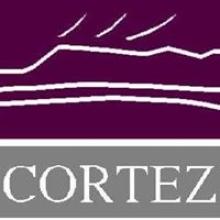Cortez, Colorado to Vote On Whether to Restore Local Authority
Cortez is the latest community in the state of Colorado to decide whether to opt out of SB 152, which has since passage in 2005 has preempted local authority and prevented communities from building publicly owned telecommunications infrastructure and offering retail service.
The community (pop. 8,500) is located in Montezuma County in the southwest part of the state, just north of Mesa Verde National Park. As first reported in The Journal at the end of January and subsequently approved unanimously by the City Council in the middle of February, a ballot measure later this spring will give city residents the option to restore the municipality’s ability to offer retail Internet service to business and households themselves.
From the ballot flyer provided to residents by the city:
A voter-approved exemption from SB 152 would restore local independence and ability to evaluate all possibilities for next generation broadband services in the City of Cortez and our communities. An exemption supports local choice and options, allowing citizens to make the best decisions based on the needs of our own individual communities, without raising taxes.
It further explains the realities of the limitations imposed by SB 152:
Without such approval, the law limits the ability of Colorado local governments to provide a wide spectrum of services, including: free Internet service in city libraries, parks and community centers; leveraging government infrastructure and partnering with private businesses to provide affordable and high-speed Internet service throughout the entire community; [and] direct provision of broadband services by municipal governments where needed.
A Chance to Build on Past Success



